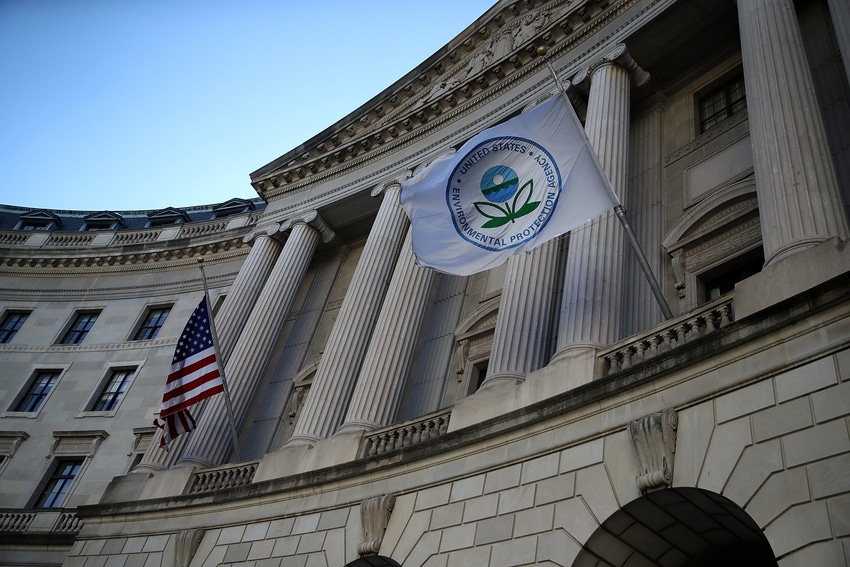
Under the Clean Water Act, the Environmental Protection Agency is required to annually review, and if necessary, strengthen, industry-wide pollution standards—called effluent limitation guidelines—for concentrated animal feeding operations. These guidelines are supposed to ensure that CAFOs are implementing the technology and management practices necessary to reduce the amount of pollution these operations discharge into the nation’s waterways.
In action May 20, Food & Water Watch filed a lawsuit against EPA in the Ninth Circuit Court of Appeals over the agency’s failure to update the farm wastewater guidelines as required by the Clean Water Act.
EPA has maintained the current guidelines for over a decade without making changes. The Food & Water Watch lawsuit challenges the EPA’s decision to maintain the “status quo” and instead said there is “mounting evidence that the current guidelines, last updated in 2008, are ineffective.”
“We have over fifteen industrial dairies in our community, and the massive amount of waste they produce is wreaking havoc on our water resources,” says Food & Water Watch member Lynn Utesch. “All three rivers running through Kewuanee County, Wisconsin are impaired with high levels of pollutants associated with CAFOs, and the burden of monitoring and responding to the problem falls on residents like us instead of the CAFO operators. EPA’s CAFO standards just don’t do enough to protect our water quality, and our community is suffering for it.”
“EPA’s current CAFO guidelines only apply to the largest of operations, do not regulate many of the pollutants of concern coming out of these facilities, and sanction manure storage and disposal practices that are known to harm water quality,” the organization contends.
Emily Miller, staff attorney for Food & Water Watch, says this is not the first attempt to urge EPA to take further action. “In 2017, we filed a petition asking EPA to update these guidelines, which are based on outdated information and fail to adequately control the myriad ways in which CAFOs pollute. EPA has not even responded to that petition, but it will have to respond to this lawsuit.”
If successful, the case could have wide-reaching impact, forcing EPA to re-consider its nationally applicable CAFO guidelines. “A proper review of the current, lax guidelines would likely result in a determination that more stringent national standards are required to protect water quality.” Food & Water Watch says.
Food & Water Watch and Earthrise Law Center represent the plaintiff.
About the Author(s)
You May Also Like


.png?width=300&auto=webp&quality=80&disable=upscale)


